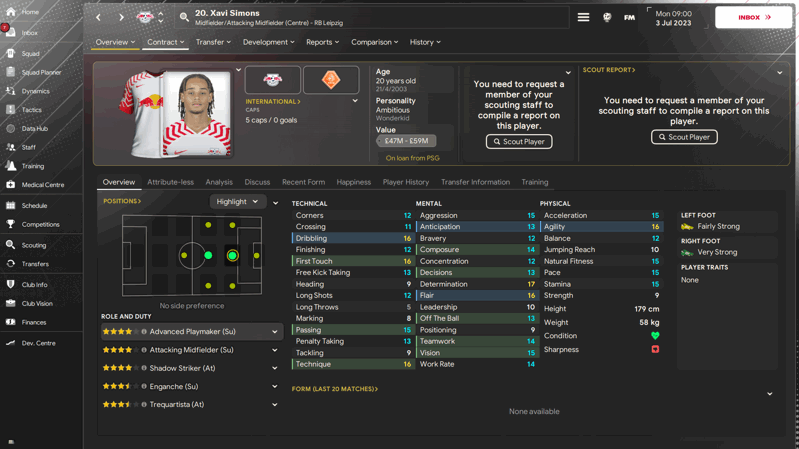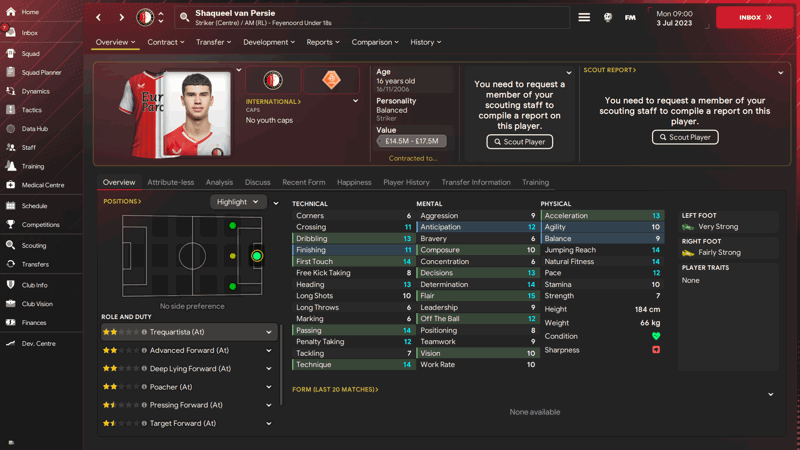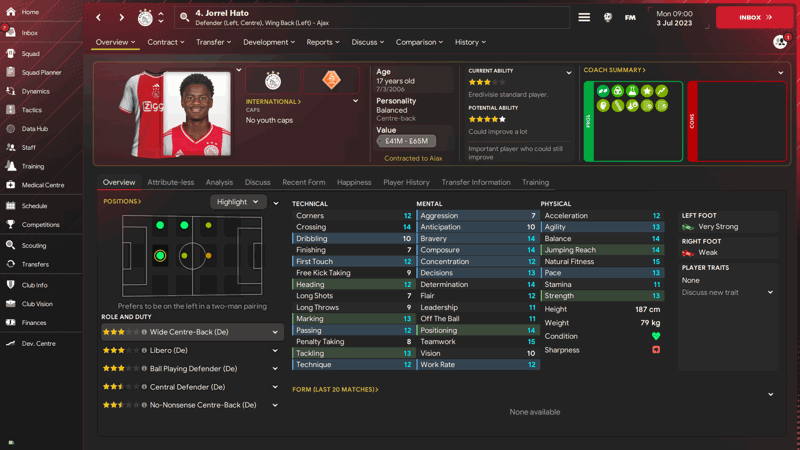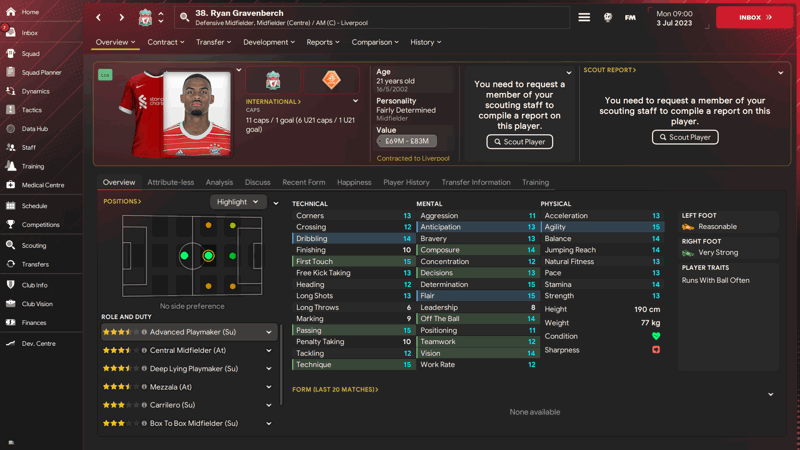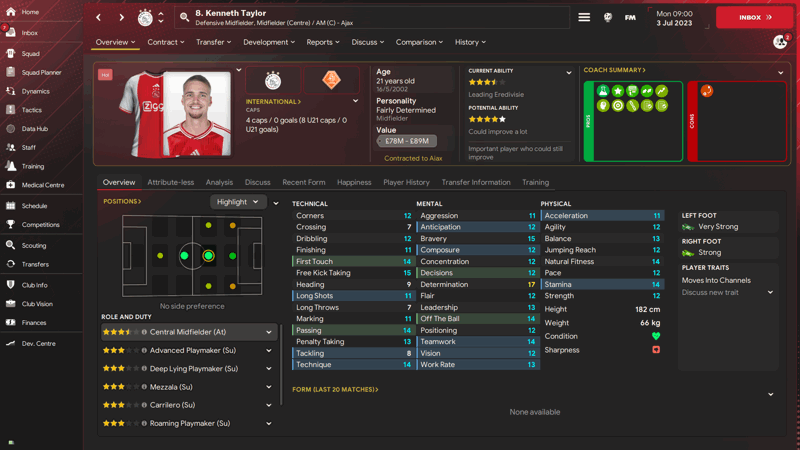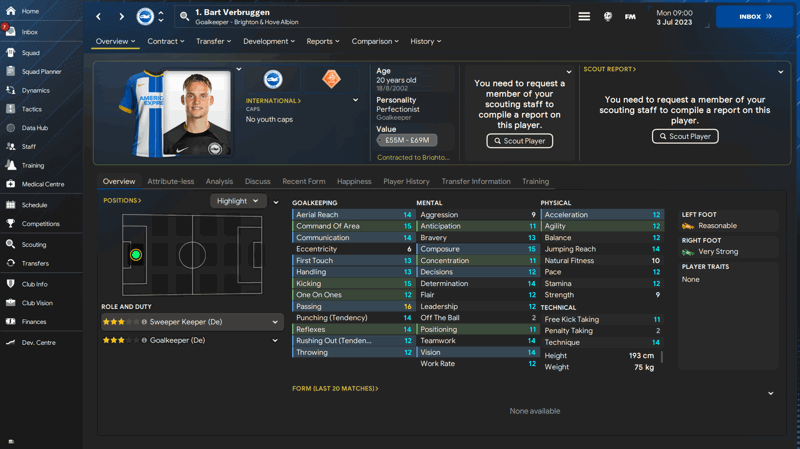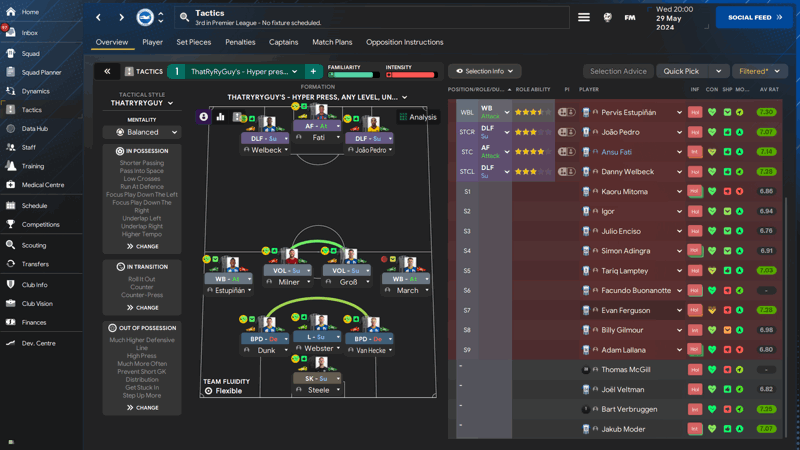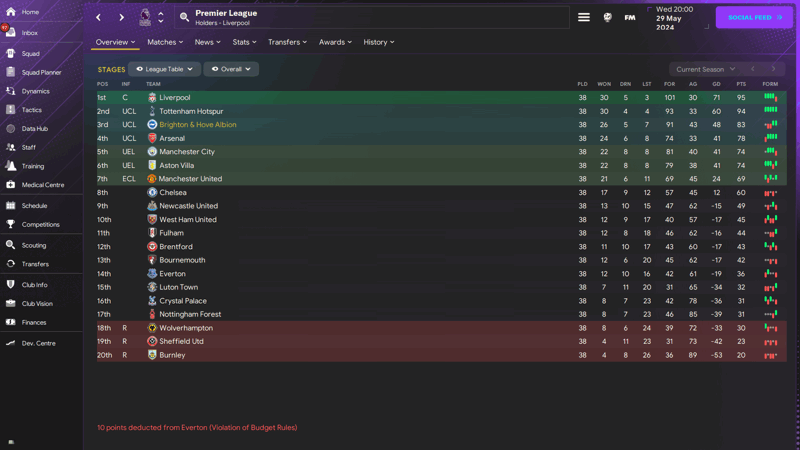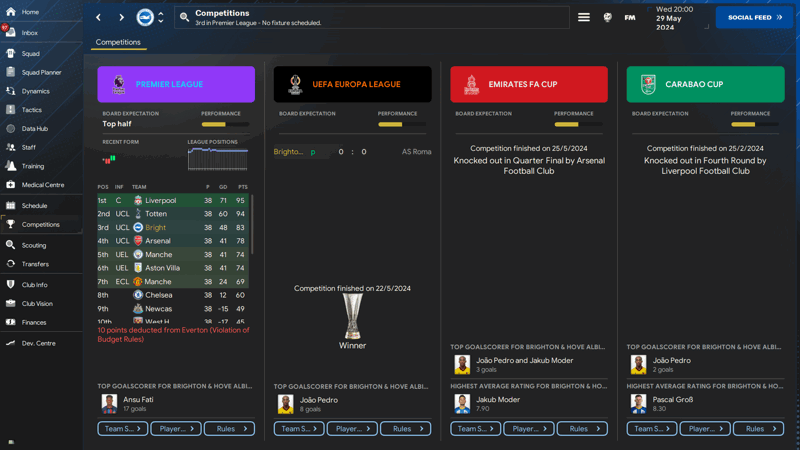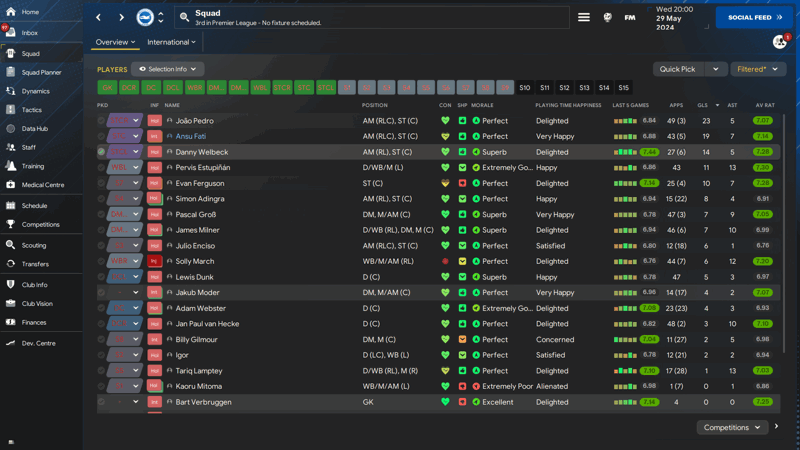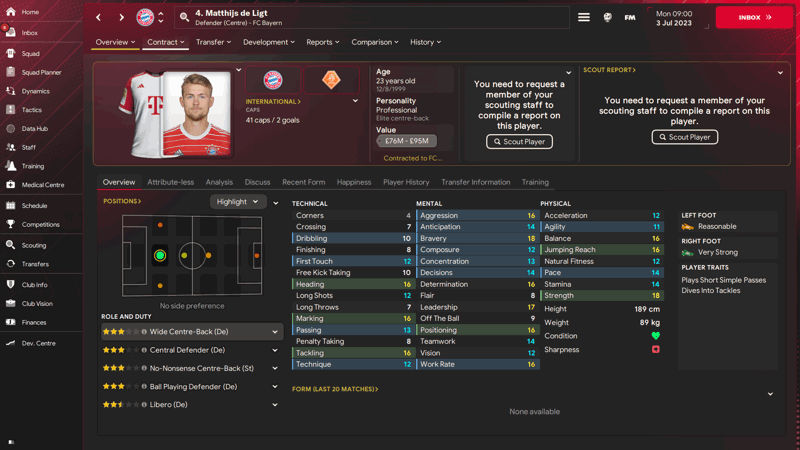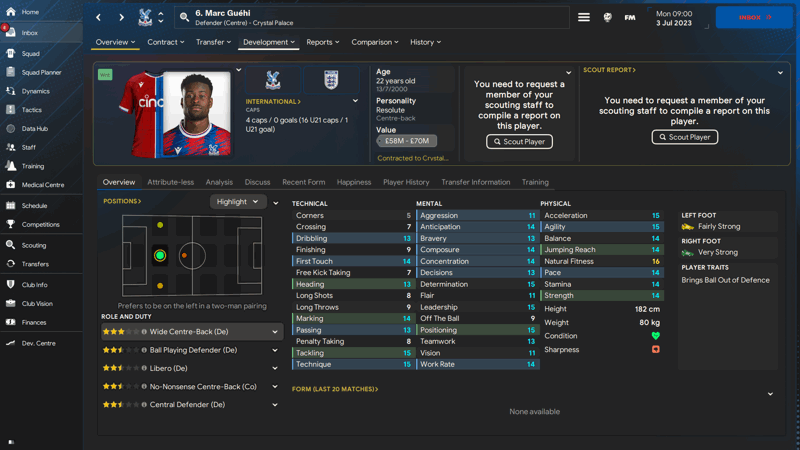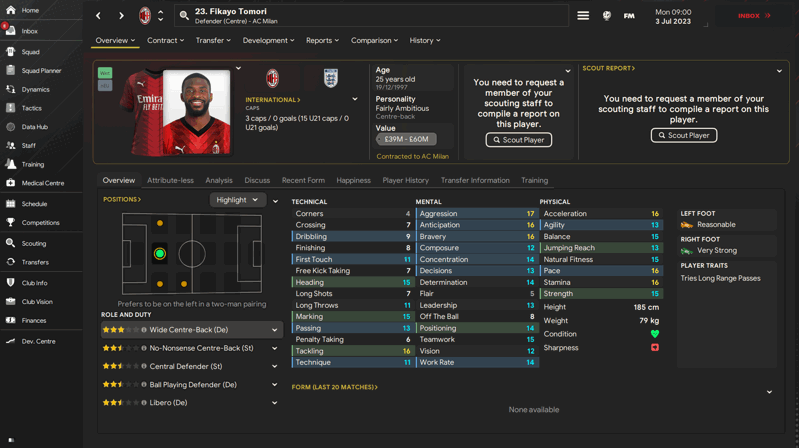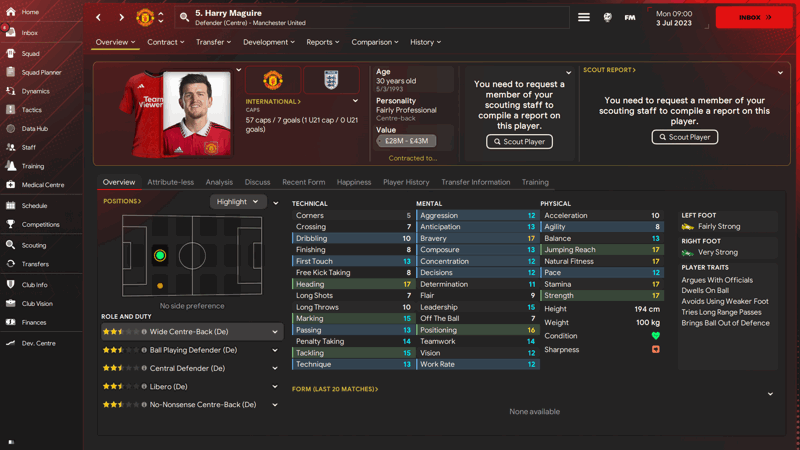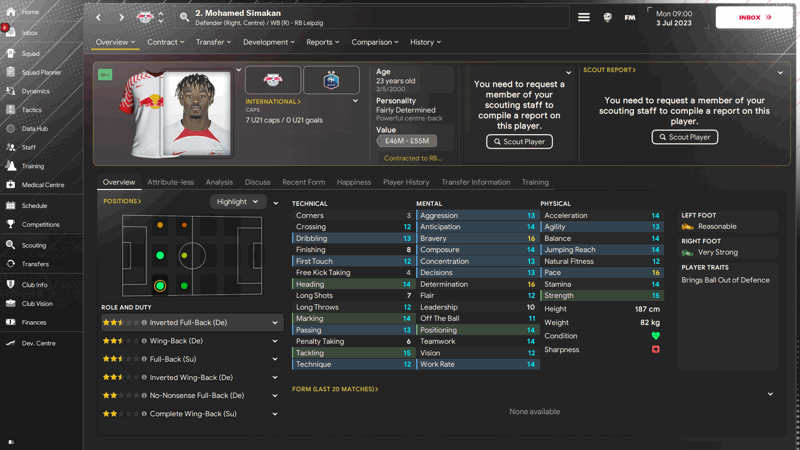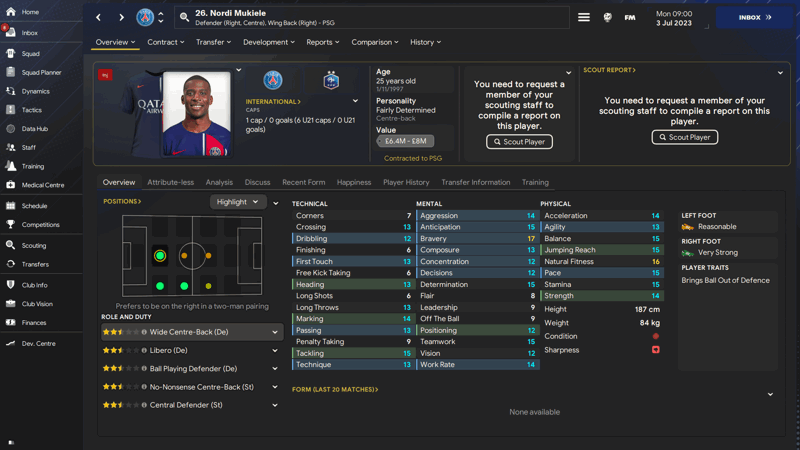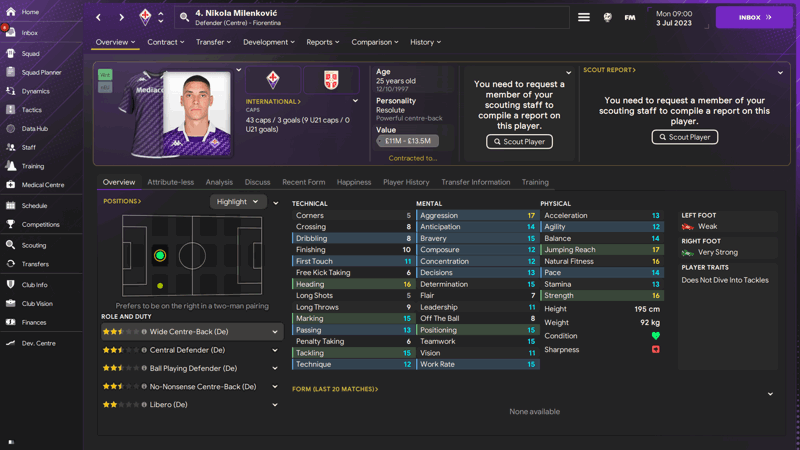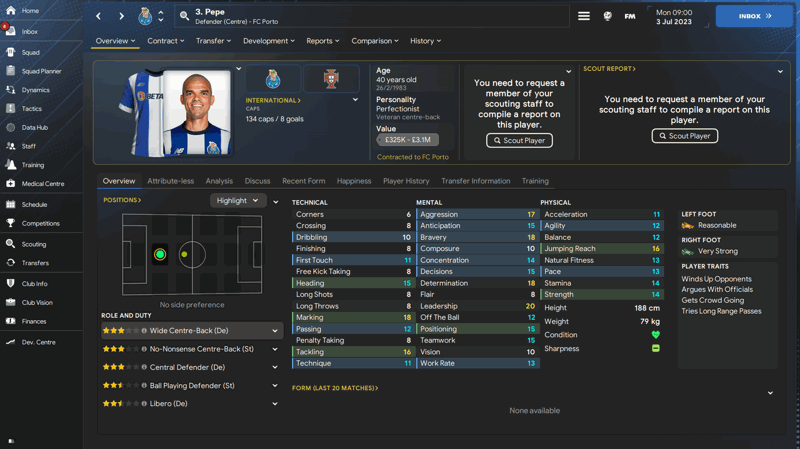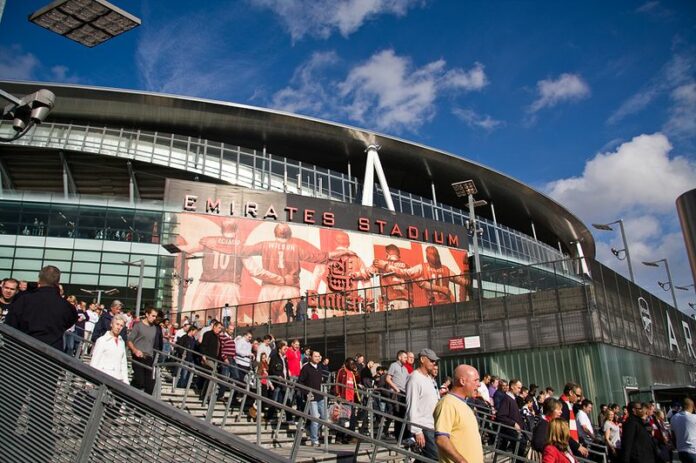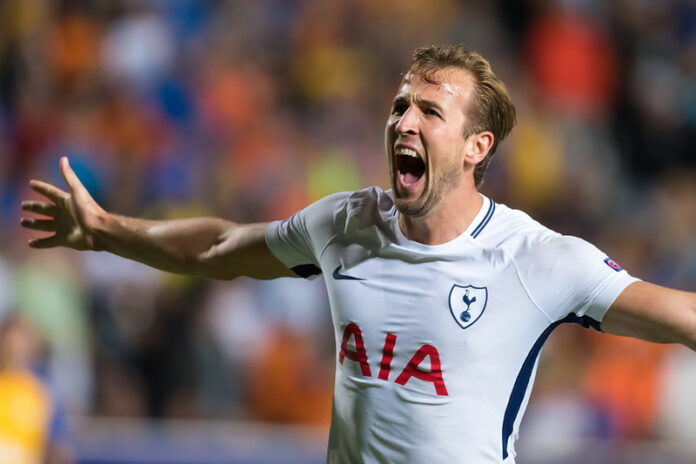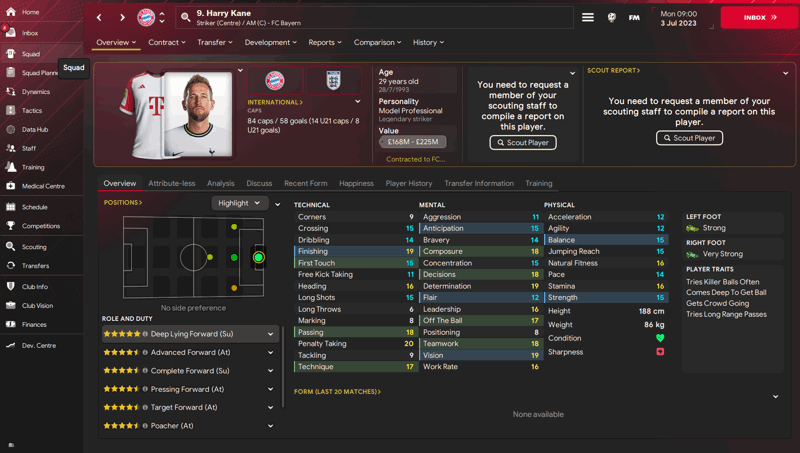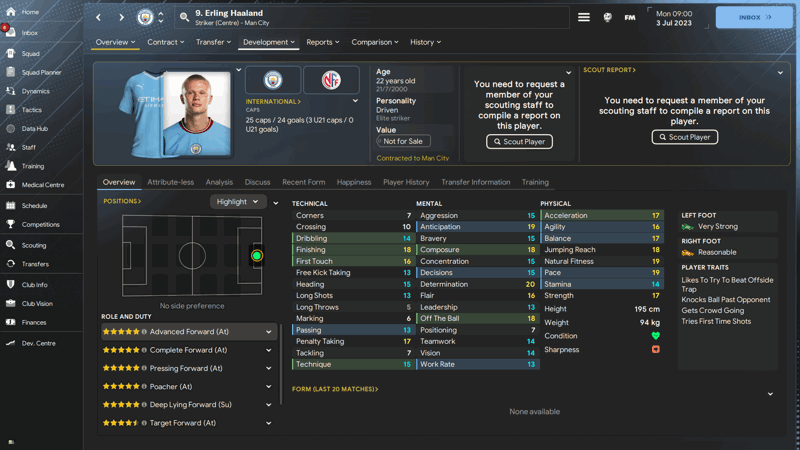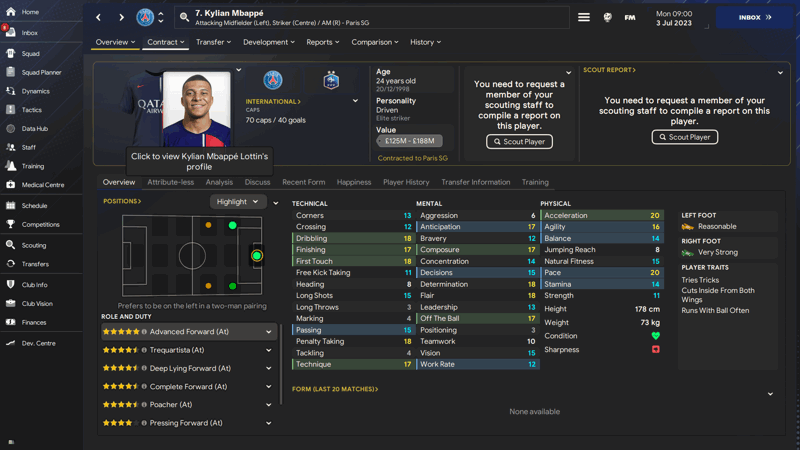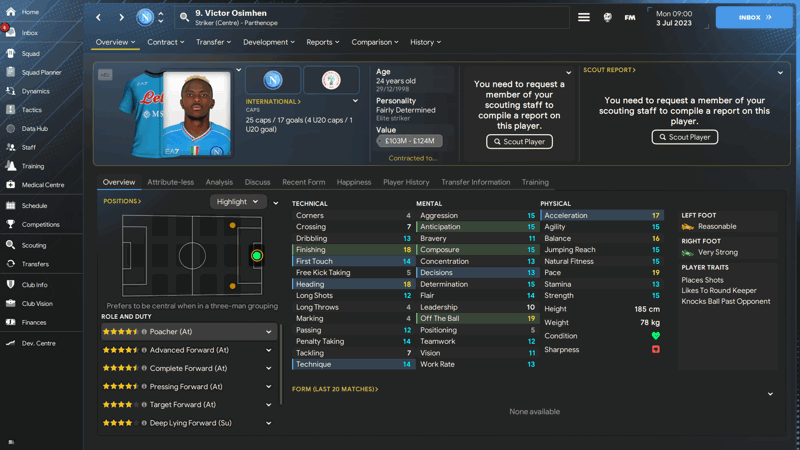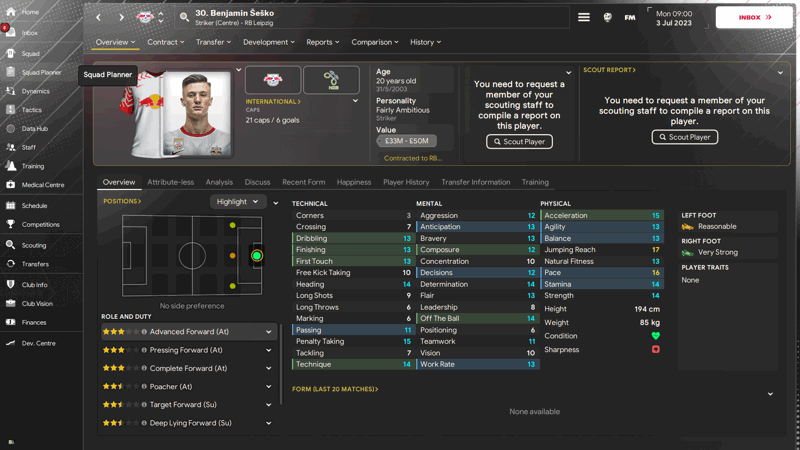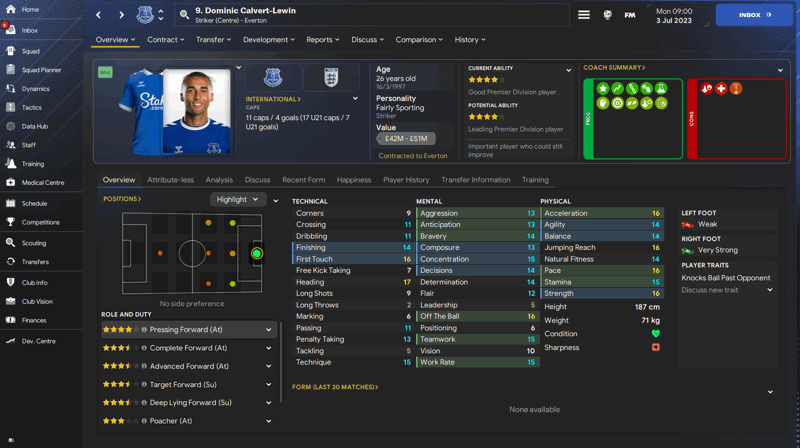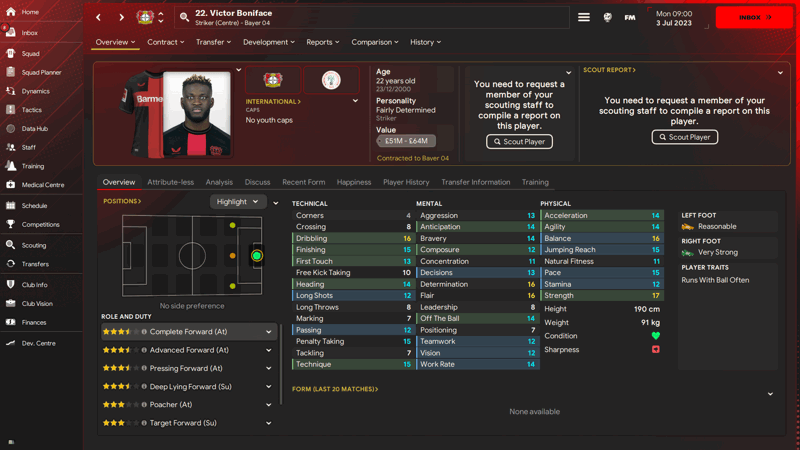Football talent doesn’t grow on trees. It tends to be spotted on the ground. Or that was the theory. This is when the work of the soccer scout comes into its own. There is a multitude of talent out there, but the ways of discovering it have adapted in recent times as social media and artificial intelligence provide a more rounded approach to finding the stars of tomorrow.
The most traditional form of scouting is to essentially rely on boots on the ground, with the talent spotter going to matches and picking up signals from a player that can’t be gleaned from watching a video clip. It is not only about the talent that a candidate possesses but their reactions to in-game moments where something happens. Do they react well to being substituted? Are they a team player? What kind of temperament do they have when the heat is turned up? These are legitimate characteristics and behaviours to study.
Scouts are normally employed by the football club to discover talent that will synchronize with and add to the existing squad. The scout must be conversant with the methods, tactics, and culture of the existing club to ensure players can fit the mould. When standing pitch-side at semi-pro level or youth level, there is also huge value in listening to what is being said on the sidelines by the coaching staff or those who watch regularly.
Ultimately, several off-field criteria are also essential for a player who wants to be scouted. It is imperative that the contender has a good attitude and shows that they are very much part of the unit. Mavericks who think that the world and the ball revolve around them will not be considered. A good attitude on the pitch is vital as scouts look for a strong sense of leadership and the ability to pick others up off the floor should the team suffer a setback. The psychological aspects of resilience and the ability to bounce back are key as there are many difficult moments on and off the pitch.
Given the physical demands of the modern game, football scouts tend to highlight those players who demonstrate ball retention and strength. However, this is not just a scenario that centres on height, weight, and muscle mass. What a scout looks for is the ability to combine physical power, endurance, speed, and agility all in a very intense match situation. Sound technique and stamina are vital to make all these other attributes easier, especially when tiredness is a factor in so many tense situations and close games.
Scouting will also rely on information from those close to the player, studying his background, the way they interact in social situations and what kind of core values they have as a person. This will carry over into actions and preparation. Scouts will look at a candidate’s preparation and warm up, to see if there is the required focus and ability to prepare with total conviction. On the pitch, they must understand and absorb tactical ideas too.

Just like the huge range of football betting tips now in play to animate the experience for the bettor, there is a whole database of held information on multiple players. The nature of football scouting is no longer just the domain of an employee who walks through the wind and the rain to watch grassroots football. It is a combination of data analytics, science and the tracking and evaluation of so many key performance indicators.
The way that data on a player is collated is also changing in a more technological marketplace. Platforms are now being developed which take out the obstacles of cost and travel across time zones. There is such a vast number of professional and amateur players globally that even vast resources and networks might miss potential.
Apps can be downloaded by players, and they can upload videos of their drills, and measure real-time data on their physical conditions and skill competencies which can then be graded by AI. These automated talent analysis platforms just need a smartphone to track essential data.
Using computer vision and deep-learning machinery to recognise and evaluate a player’s movement is certainly a popular and convenient way to track potential. Premier League clubs like Burnley and Chelsea have already discovered talent this way and the system has been introduced in Major League Soccer.
The diversity of talent in a global pool of undiscovered football players means that it is more essential than ever to have an expert pair of eyes and ears to spot them. This can be supplemented with the layers of technology embedded into digital platforms which can now scan for the underlying numbers that tell clubs whether a player might be right for them.




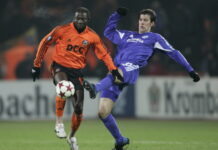



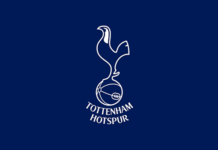










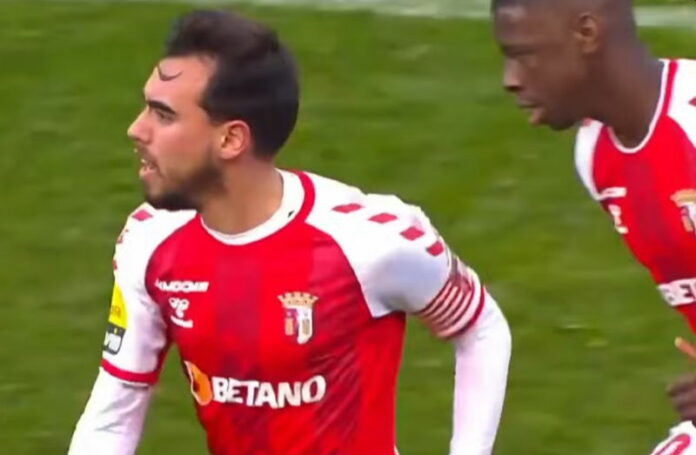
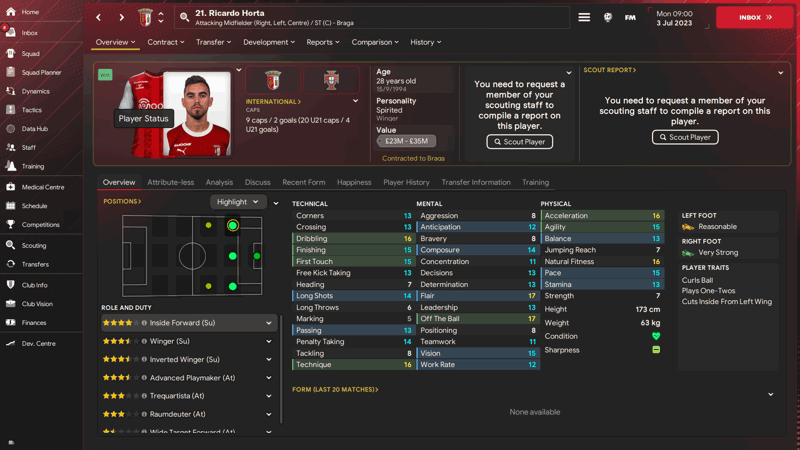
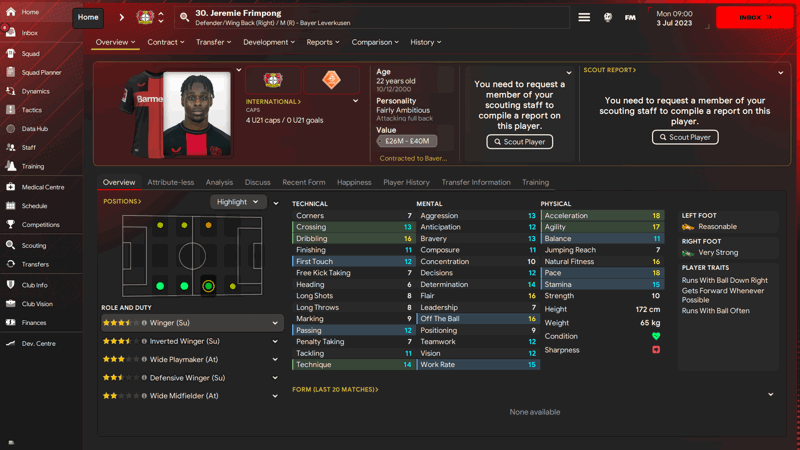
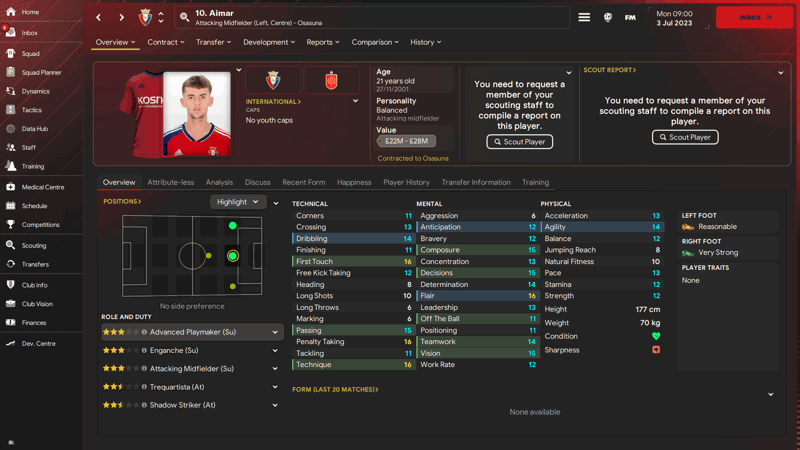
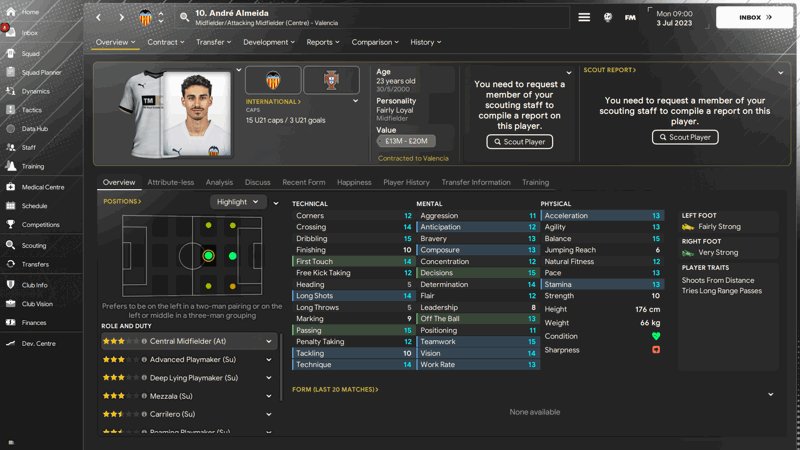
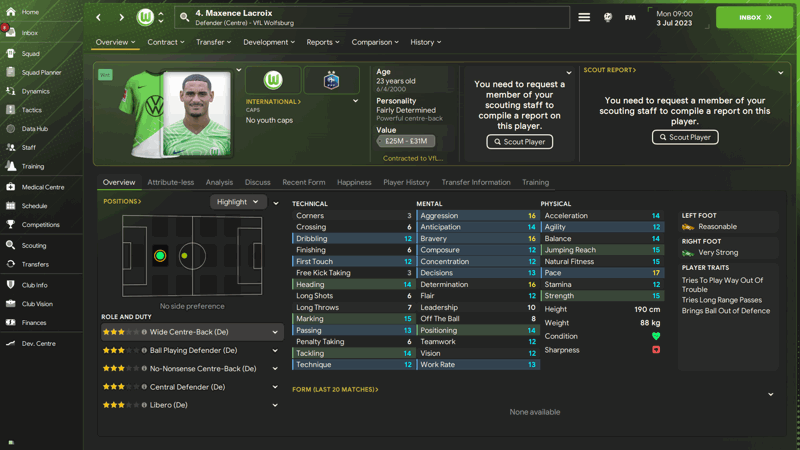
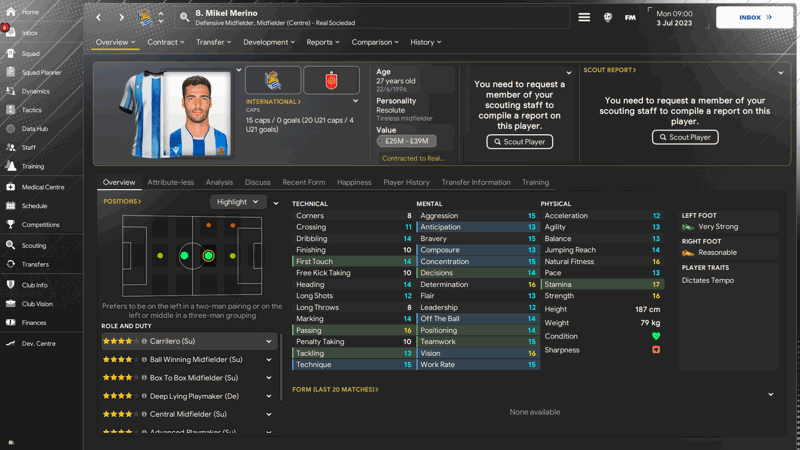
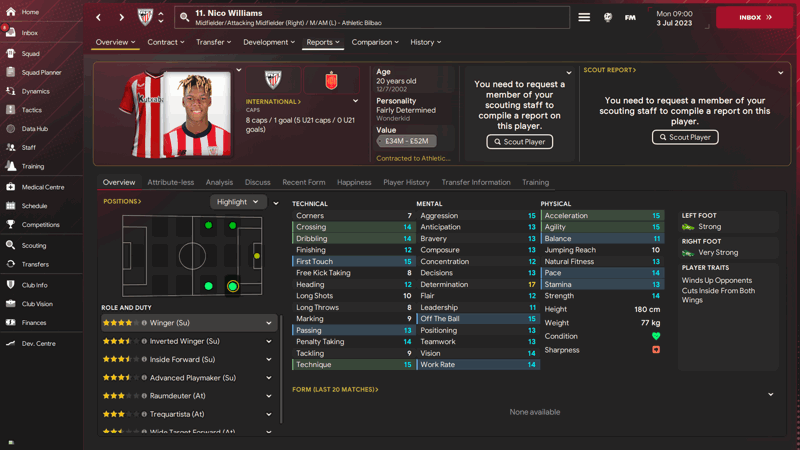
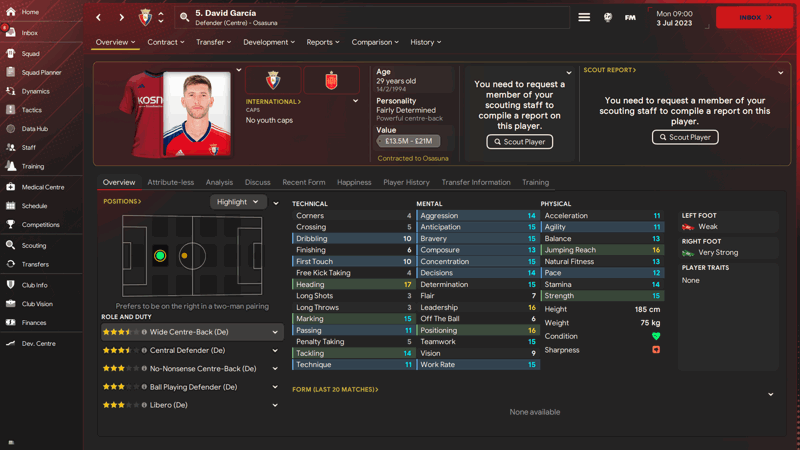

 First, choose a reliable ticketing platform that performs the Champions League ticket sales. Compare several platforms that offer Champion League tickets for sale to choose the best Champions League ticket price. After that, skip to the site’s section where you can place your order:
First, choose a reliable ticketing platform that performs the Champions League ticket sales. Compare several platforms that offer Champion League tickets for sale to choose the best Champions League ticket price. After that, skip to the site’s section where you can place your order:
